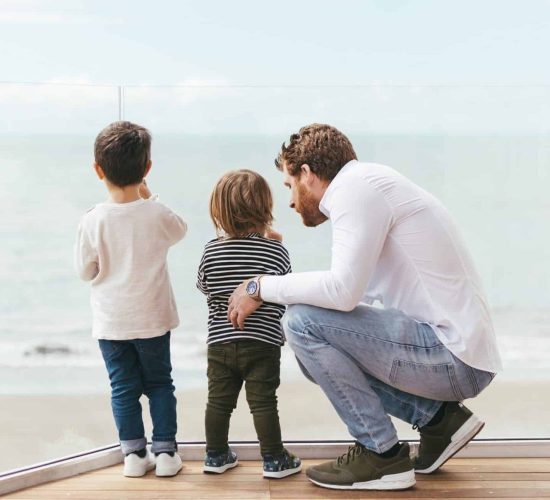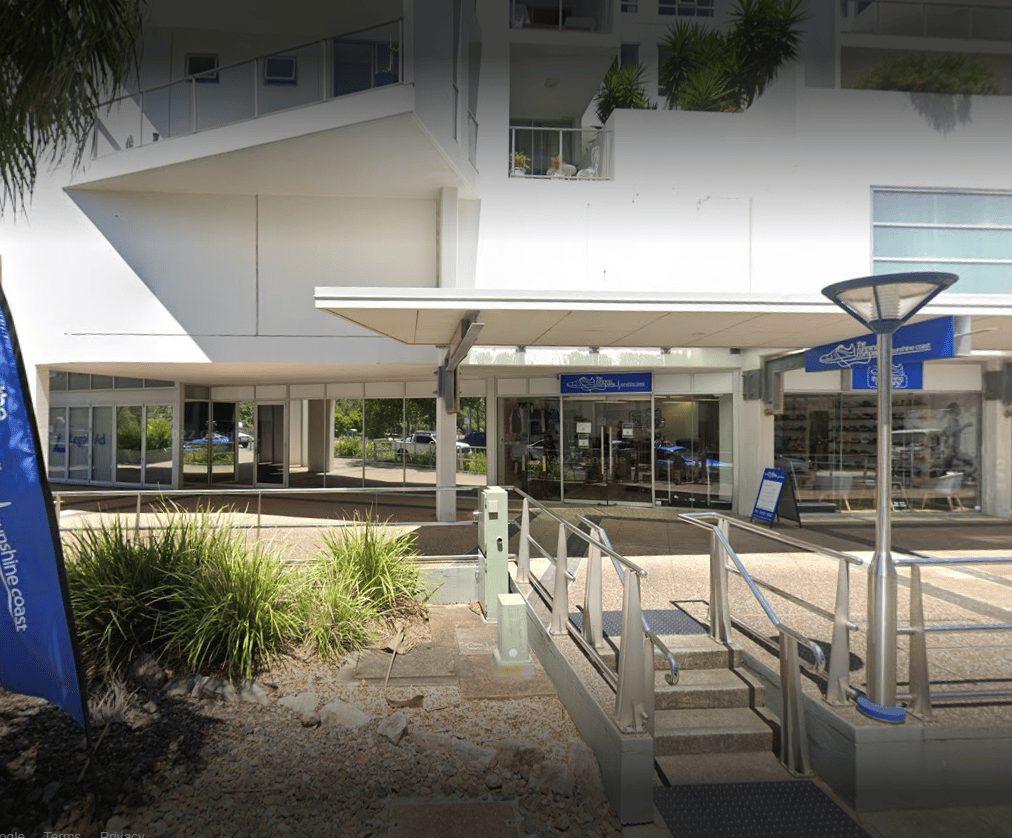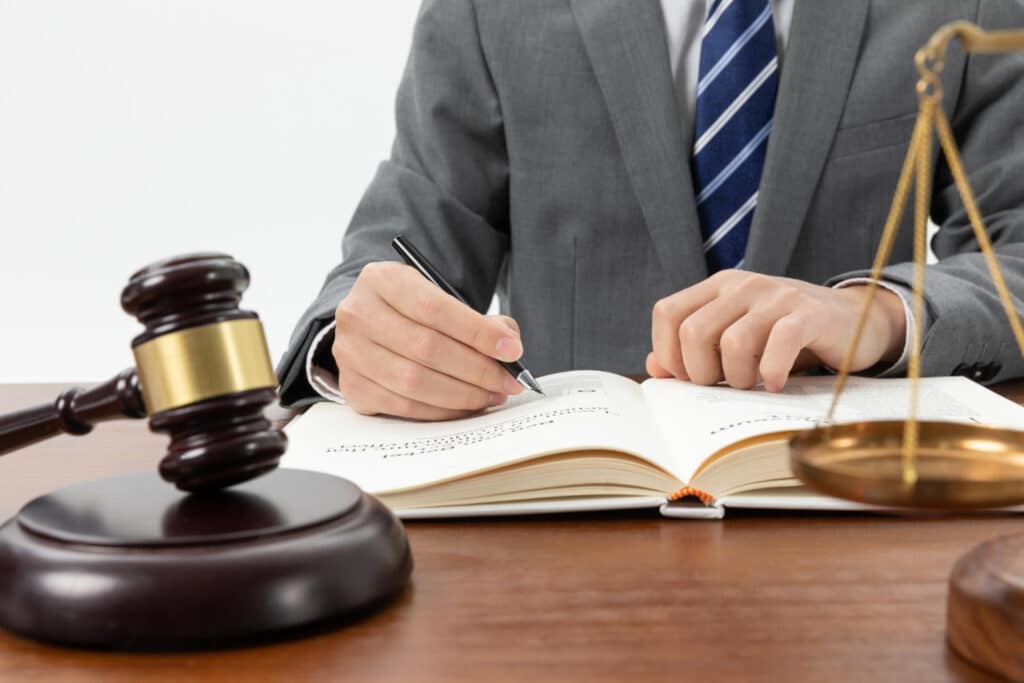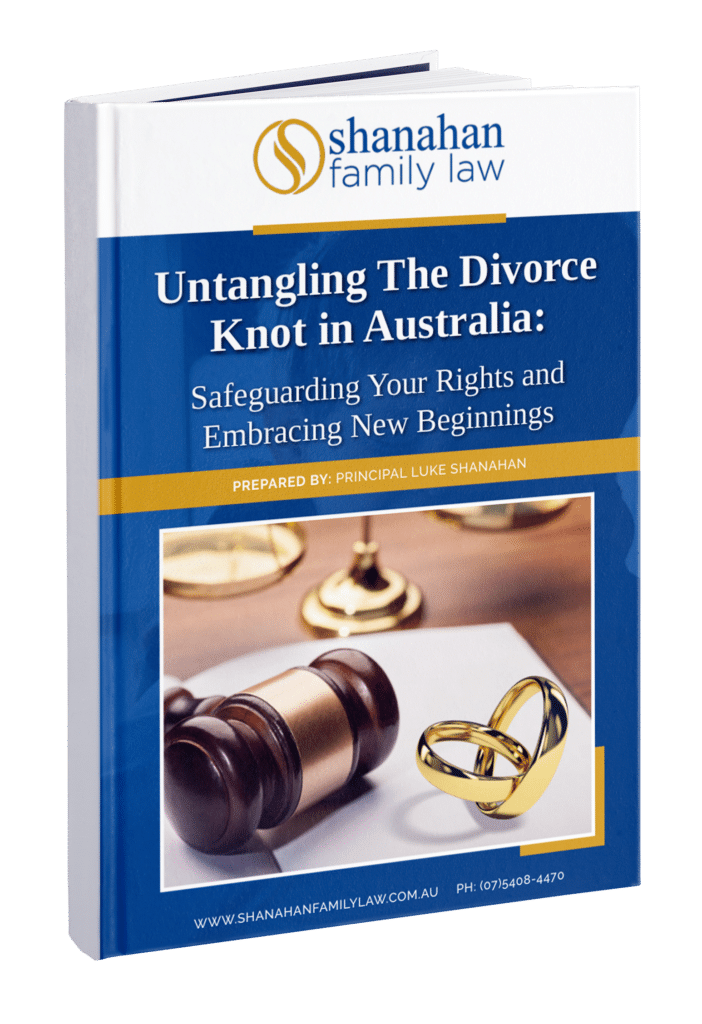Legal Aid for Divorce
Legal aid for divorce on the Sunshine Coast – Maroochydore
Legal Aid For Divorce on the Sunshine Coast
Legal aid is there to support people who can't afford family lawyers
A divorce is an emotionally challenging time in anyone’s life and can be expensive, specifically if you don’t understand the process. The information on this page intends to help you better understand the legal process of getting divorced and the legal aid available.
If you require a legal aid lawyer visit legal aid Queensland to learn more.


Divorce Basics
The only legal requirement for a divorce is the irreversible breakdown of a marriage, which is proven by both parties being separated for 12 months with no chance of reconciliation.
After you have separated, you can either:
- Both move out of the home
- One party may move out
- or you can both still live under one roof – this is called ‘separation under the one roof'.
Centrelink Requirements when Divorcing
Divorce and Centrelink
Are you sharing one bedroom?
Is there any sexual intimacy?
Are meals and domestic duties shared (in a different way to when you were married)
Are you still sharing money and bank accounts?
Do your family and friends think of you as separated?
Legal aid eligibility options available in QLD
Know when to consult a lawyer
If you want a divorce but are unsure if you meet the criteria to be considered for legal aid, you should consult a lawyer. Additionally, we suggest you read this article: 11 steps to a pain free divorce.
Understand why divorce can be a better option
You may be thinking it is just too hard to get divorced, and as long as you are living separate lives it doesn’t matter. You need to remember you can’t get married again without first finalising a divorce, and staying married may impact your rights and responsibilities when dealing with financial matters, wills and property.
Applying for a divorce can be completed online
The Federal Circuit Court located on the Sunshine Coast, Gold Coast and Brisbane allows an online application that can be completed by either you or your ex-partner. You can still apply for a divorce if you are married overseas. You can read more about international divorce here. Get legal advice from an experienced divorce lawyer if you’re unsure whether your marriage is legal. Our office can provide you with recommendations.
Getting back together for a short time
You can get back together for up to 3 months without having to restart the 12-month separation period. For example, if you’re separated for four months, get back together for almost three months and then separate again for eight months, you’ll be separated for 12 months. However, if you were back together for four months, only the most recent eight months would count as the separation period.


Divorce from a short marriage
Parties married for less than two years can get a divorce. However, it is conditional that both parties agree to counselling. If your partner refuses to get counselling, you can still proceed with the divorce. As a consequence, you may require legal counsel.
Arrangements involving children
You can read more about the legalities of children involved in a separation here.
- where the children will live
- How the children will be financially supported
- How will the children’s health and education needs be met
- How the children will continue to maintain a relationship with both parents and other important people in their lives.


Applying for a divorce
- Be an Australian Citizen
- Live in Australia and consider it your permanent home
- Lived in Australia for at least 12 months
- Have been separated for 12 months
How does Queensland Legal Aid decide who gets legal aid?
- The Legal Aid Queensland means test
- Funding guidelines
- Legal merits test which is used in most cases.

How does the means test work?
Queensland Legal Aid uses the means test to look at your income and assets to see if you are financially eligible for legal aid.
The means test considers this if you support or provide financial help to other people like a partner, children or other dependents. Similarly, if someone supports you financially or provides finance, then the means test will consider this person’s income and assets. You will need to provide their income and assets details in your legal aid application.
What income should be included in your legal aid application?
- Your salary or wage
- Money you receive from investments, share dividends, rent or payments from trusts
- Income you receive from any insurance policy claim from accident to e.g. accident, sickness or disability benefits.
You will usually be eligible for legal aid if you rely on Centrelink payments for your income. You will also need to include child maintenance and child support payments as income and any tax benefits.


Legal Aid considers the follow assets in the means test
Legal Aid Queensland takes the following assets into account: property (houses, land), cash, shares, debentures or other investments, and the assets of any person who helps you financially unless you are applying for legal aid because you are in dispute with the person providing the financial support. Legal aid doesn’t include the following assets:
The house you live in (if the equity is $146,000 or less)
Cash you have saved to buy a home or land you own (if the equity is $146,000 or less); you must have signed a contract to buy or build a home before you knew about your legal problem for this cash or land to be exempt under the means test
Household furniture (unless it is exceptionally valuable)
Tools you need for your job (unless they are exceptionally valuable)
Your car or cars (unless you have over $16,000 in equity)
The first $2000 of an applicant’s savings.

How much can I earn and still get legal aid?
Queensland Legal Aid has set up a Table 1 that shows how much gross weekly income you can earn and still be eligible for legal aid living on the Sunshine Coast. You will also be able to use the table to check if you might have to contribute towards your legal costs. Table 2 on the Queensland Legal Aid website shows how much you may have to pay towards your legal fees based on the value of your assets. Queensland Legal Aid will not approve your application if the amount you would have to pay towards your legal costs would be more than the grant of aid value.
Circumstances beyond your control: What to do when you feel you have them
Special circumstances guidelines relating to assets will have to be met for you to qualify. Queensland Legal Aid allows for a condition to be attached to any grant of legal aid. For instance, you may be required to contribute to your legal costs, and you may be required to provide your property as security for payment of these legal costs to Legal Aid Queensland.
Joint applications for divorce
Let's work together
Interested in chatting more about a joint divorce application?
Download Our Free Divorce Guide

